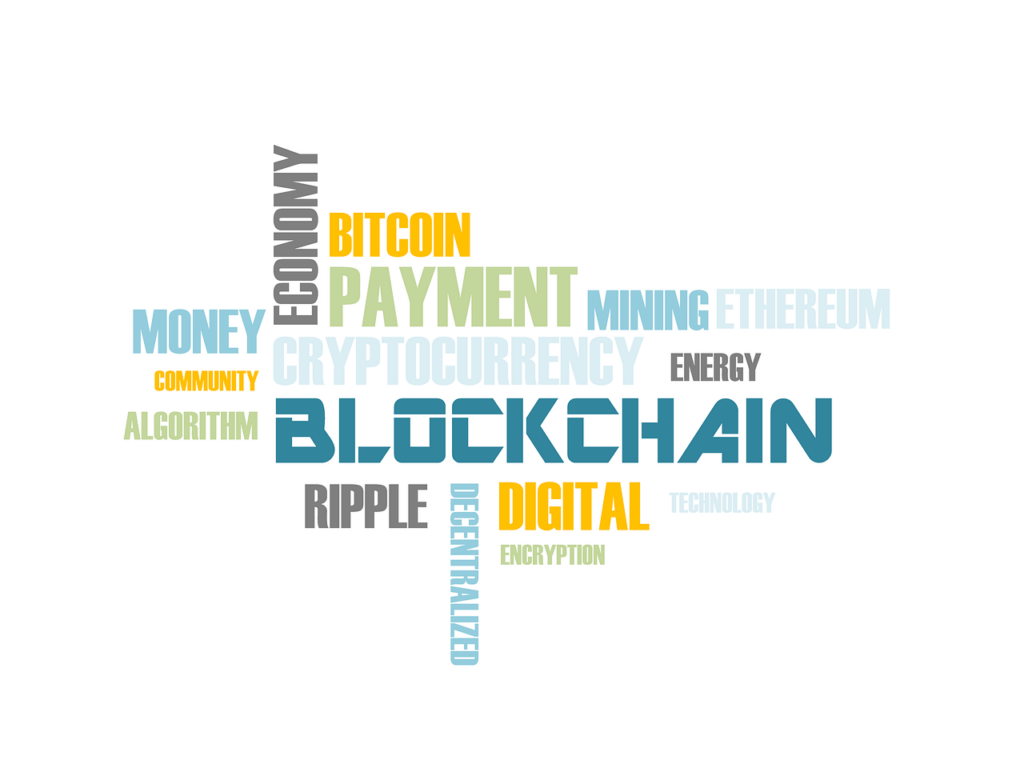One major topic that has dominated discussions in the real estate sector is the possibility of deploying blockchain to manage property documents and titles.
It isn’t just in real estate, the new technology has been deployed in healthcare, judiciary, and cyber security because of its efficiency and transparency.
In this article, we will take a look at the benefits of using blockchain in land registry and how it can boost investors’ confidence in the real estate sector.

What is blockchain?
Blockchain technology is an advanced database which eliminates all forms of manipulation. Unlike the ‘traditional database’ that could be subjected to manipulation, blockchain technology ensures transparency of information sharing within a business network.
What makes blockchain unique is that it stores data in blocks that are linked together in a chain.
Benefits of Blockchain in Land Registry
In 2017, a report showed that European states are testing the blockchain as a technical solution for real estate transactions and mortgage deed processes.
When used in real estate, records would be secure and become difficult to manipulate. Unlike traditional record keeping where land documents and deeds could be changed for dubious purposes. That’s where tokenization of real estate comes in.
Here are the benefits of blockchain in real estate and how it enhances economic development:
Faster and efficient:
The traditional method in land registry is less secure when compared with using blockchain. Apart from this, blockchain makes it faster and efficient. It is faster, unlike the traditional method which is slow and has to pass through a lot of bureaucratic processes.
Effective changes:
The blockchain-based land registry makes it easier to implement transparent changes when ownership changes hands. Onwership can easily be recorded and comes live almost immediately for everyone to see.
Even when there is structural changes to a building, it can be recorded on the blockchain. All the changes can easily be tracked.
Elimination of fraud:
Blockchain registry platforms don’t only promote transparency in the real estate sector, but it also simplifies the process of uploading land documents and make it accessible for others to see and verify it. This helps to prevent forgery of documents because it is extremely difficult for fraudsters to duplicate the blockchain.
Boost investment in real estate
When illegal activities are eliminated, potential investors will most likely trust transaction in the real estate sector, this confidence and trust helps to boost investment in the housing sector.
Preservation of ownership details:
Blockchain is centralized, making it easy to track the data transaction because it eliminates the need for physical intervention. It also enhances the security of users.
Stronger system for digital identity:
Using cryptocurrency for property purchases provides an opportunity to establish a strong system for digital identity because blockchain technology powers Bitcoin and other cryptocurrencies.
With this, each block in the network represents the data involved in a land transaction, including the property number, property identification, and new owners details, mode of payment, and amount involved in the transaction process.
Promotes transparency with smart contracts:
Blockchain allows the buyer and seller to create their own digital, decentralized ID, making ownership transfer seamless and much quicker than the traditional method.
It makes it possible and easy to trace back the history of ownership records without visiting government offices.
This is how it works: Once the registrar confirms the transfer of land title, the smart contracts trigger to update the ownership for a new buyer and the transaction corresponding to that is stored on the blockchain. This is made possible because smart contracts are self-executing contracts where the terms of the agreement between a buyer and a seller are written into lines of code.

